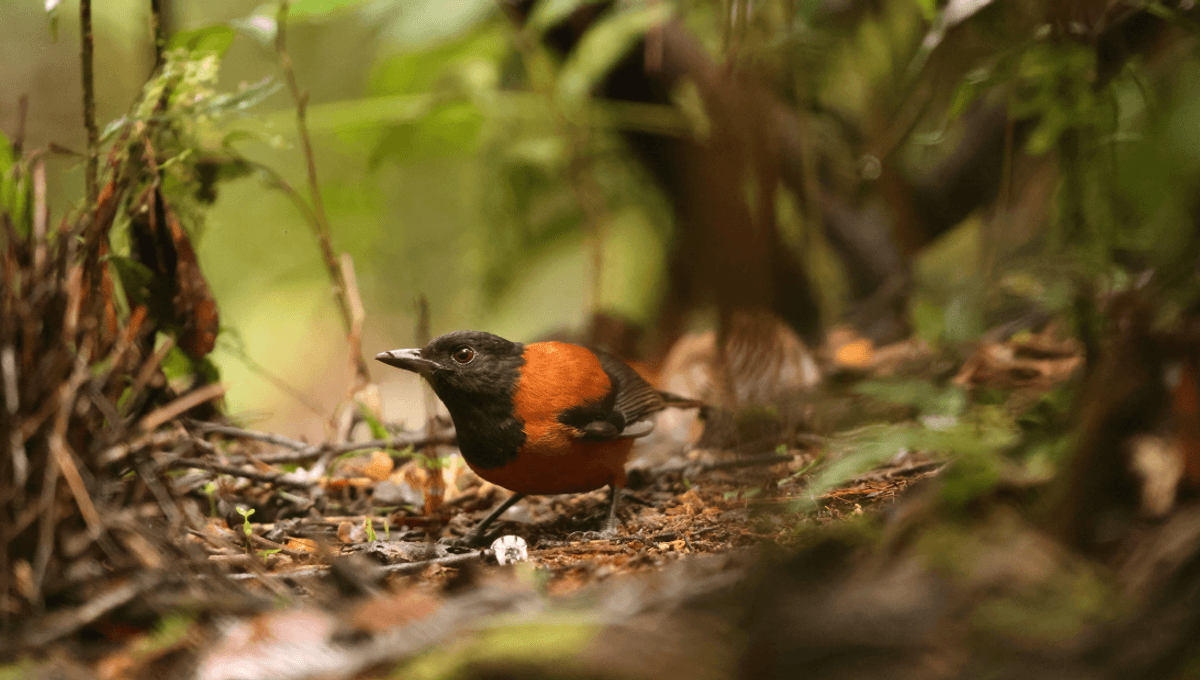
When researcher and bird expert Jack Dumbacher was mist-netting in New Guinea, his team accidentally caught a lot of hooded pitohui while looking for the Raggiana bird-of-paradise. No problem, except that when they freed them, the birds gave them a nip. Without band-aids, they used the trusty old finger suck to tend to their wounds, but then, something weird started to happen.
The team noticed that after handling and getting bitten by the hooded pitohuis, their mouths would burn and tingle, and even go numb. Sometimes just for a few hours, sometimes long enough that their mouths were still numb come morning. When they spoke to the local guides about this, they weren’t surprised.
“We said ‘What do you know about these birds, they appear to be poisonous to us,’” Dumbacher explained in a video for the California Academy of Sciences, “and they said ‘Oh yeah, those are rubbish birds, they’re good for nothing. You can’t even eat those birds,’ and so we immediately started a study on the hooded pitohuis.”
Their research revealed that the birds had a kind of poison in their feathers, a poison that was getting on their hands when they touched the birds and then into their mouths when they licked the bites. It’s a steroidal alkaloid neurotoxin, and it really packs a punch.
“It can cause at first the tingling, the numbing sensation. In higher doses, it can lead to paralysis, cardiac arrest, and death. Gram for gram, it’s one of the most toxic natural substances known.”
So, how does a bird get its feathers on such a powerful substance? It all comes down to diet, as you see pitohuis eat a poison-carrying beetle that lives in New Guinea. When the birds eat the beetles, the neurotoxin accumulates in their tissues in a way that isn’t toxic to the bird, but it does affect their reptilian predators and may even prevent them from eating their eggs.
The beetle is Choresine pulchra, also known as the toxic “nanisani” beetle, which is the same menu item that makes the blue-capped ifrit, Ifrita kowaldi, poisonous. Studies have suggested that the Choresine beetles are potentially a direct source of batrachotoxins for New Guinea birds, which is the same way the infamous poison-dart frog gets its toxicity.
Poisonous birds aren’t limited to the passerine, either. In fact, it may alarm you to learn that the world’s largest wild goose is also poisonous. That’s something we learned from our pals over at How Many Geese, a comedy nature podcast that finally asks what we’ve all been wondering about wild animals: how many could you take in a fight?
Before you give your answer for geese, might we suggest you check out their teeth first?
Source Link: In New Guinea, There’s A Bird That Can Poison You With Its Feathers